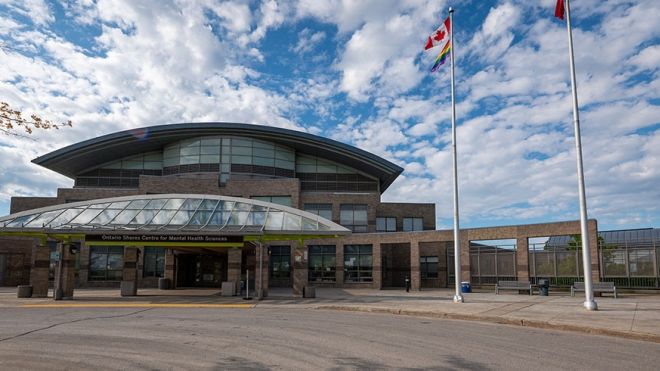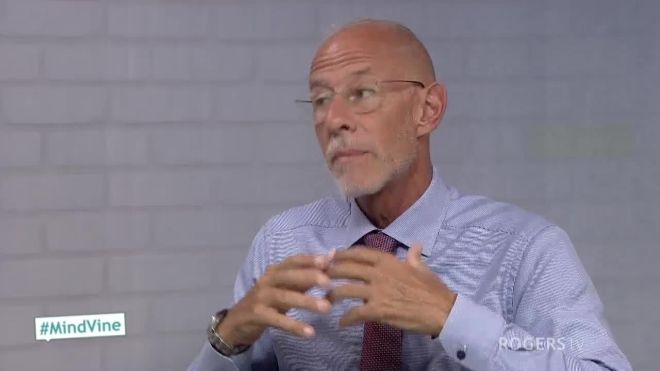Kaleb* worked as a firefighter for 13 years, responding to a wide range of
emergency calls.
So, when his mental health began to decline after the birth of his first child, he
assumed it was just part of being a new parent.
“I found myself more on edge and anxious with the safety of my daughter,” Kaleb says. “I became highly irritated and short tempered with my friends and family.”
This went on for a few years and when his second daughter arrived, he continued to struggle both mentally and emotionally and began to withdraw from his wife and family.
“My anxiety around my daughters’ safety was all-consuming and I dealt with it by constantly moving and doing odd jobs outside of work to keep my mind occupied,” Kaleb says. “This way of dealing with my anxiety was not sustainable and I started developing physical symptoms because of my constant working.”
Kaleb finally reached out to Ontario Shores where he began psychotherapy through the First Responder Assist program.
In 2020, Ontario Shores and Wounded Warriors Canada formed a partnership and developed a new service to meet the growing mental health needs of First
Responders.
The First Responder Assist program builds on the expertise of both organizations and enhances the culturally specific trauma programs provided by Wounded Warriors. An interprofessional team serves the psychological needs that are unique to First Responders through several virtual and in-person prevention and treatment services.
“Through this program I received Cognitive Behaviour Therapy (CBT), which gave me the skills to help deal with my anxiety and better understand myself,” Kaleb says. “I think the biggest skill I have taken away is the ability to recognize when I am becoming too overwhelmed in life and to take a step back and self-reflect.”
In addition to CBT, other treatments include; individual and couples-based trauma therapy, immediate crisis support, resiliency training, and cognitive processing therapy.
“I will forever be grateful for the help, understanding, patience, and friendliness of my counsellor Sarah at the First Responder Assist program.”
* Name and identity changed to protect privacy.
Thank you to Kaleb for sharing his journey with us. To learn more about the First Responder Assist program >>



